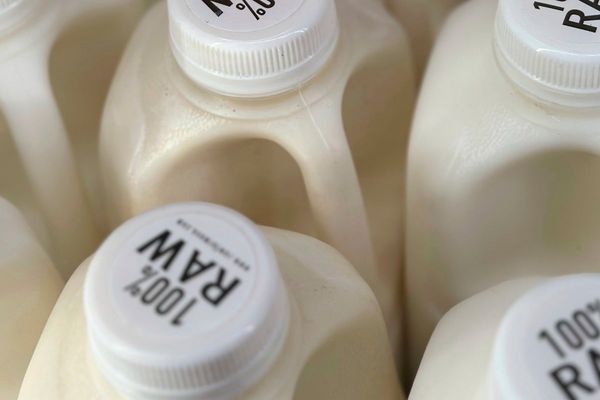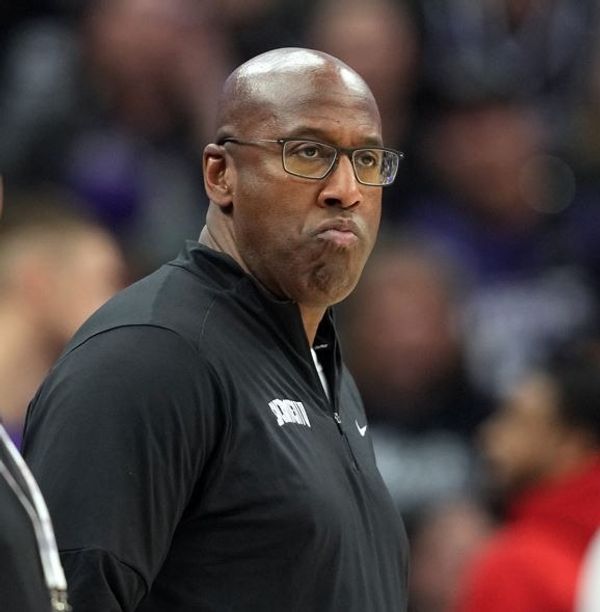WASHINGTON _ Democrats who have clashed with President Donald Trump on nearly every policy issue see room to cut a deal with the president on a renegotiated NAFTA trade agreement, if the liberal voices gaining volume in their party don't stop them.
Trump campaigned hard on a promise to strike a better deal for the North American Free Trade Agreement, and scored a tentative agreement with Canada and Mexico in October.
That plan must now be approved by the Senate, controlled by Republicans, and a Democratic-run House, where a set of new, more liberal members _ including self-described Democratic Socialist Alexandria Ocasio-Cortez _ have displayed outsized influence over their party since securing big wins on Election Day 2018.
"AOC's probably got a fairly broad-brush thesis on economic development and it doesn't match up on NAFTA, and I think that she dominates the airwaves very effectively," said Joe O'Neill, a Democratic lobbyist whose company is working for the government of Mexico to get the new agreement passed.
"We need some people to counter those messages among the freshmen Democrats," added O'Neill, who worked on NAFTA's original implementation as a top aide for former Texas Sen. Lloyd Bentsen more than two decades ago.
An aggressive effort to find and court some of those voices began earlier this month, leaning hard on Texas Democrats who have long worked with Republicans on NAFTA. Bentsen and former Gov. Ann Richards helped then-President Bill Clinton rally support among the moderates in their party for the agreement liberals despised when it was first passed in 1993.
This month, Trump's trade office asked the Texas Association of Business _ the state's chamber of commerce _ to begin reaching out to new Texas Democrats to make the case for the renegotiated NAFTA, now referred to as the United States-Mexico-Canada Agreement, or USMCA.
"They're asking us to help them communicate with our Texas delegation and start pulling them into this whole notification of USMCA, so we're starting that now," Jeff Moseley, CEO of the Texas Association of Business, said of the White House trade office. The U.S. Trade Representative's office would not discuss its efforts to court Democrats.
Rep. Joe Crowley, the New York Democrat defeated by Ocasio-Cortez last year, is now working with a group called the Pass USMCA Coalition to rally support among moderates in the House.
O'Neill, the Democratic lobbyist, said his company had already sought to speak with Rep. Colin Allred, House Democrats' freshman class co-president, who is currently on paternity leave, and had a meeting with new Houston Rep. Lizzie Pannill Fletcher.
"It's a bit of a high-wire act for a lot of Democrats ... a lot of the national Democrats don't want to look like they're the gung-ho cheerleaders for NAFTA," said O'Neill.
But he noted that Democrats helped Clinton drive NAFTA through Congress the first time. "This isn't breaking ground," O'Neill said. "It's really erecting the original core support."
No state has benefited more than Texas from trilateral trade deal, signed in San Antonio in 1993. Until now, Texas Republicans who led committees overseeing trade in the House and Senate worked hard to influence Trump's renegotiation, pushing back on the president's calls to destroy the agreement altogether if he can't secure a replacement.
"Trade with Mexico and trade with Canada is a very bipartisan opportunity, especially for Texas... we have about 900,000 Texans working because of trade with Canada and Mexico," said Moseley, the CEO of the Texas Association of Business. His group started a separate organization with its own Washington lobbyist, called the Texas-Mexico Trade Coalition, shortly after Trump's election to focus solely on protecting NAFTA.
Business groups in the state breathed a sigh of relief when Trump reached a tentative agreement in October _ viewed as an encouraging sign the deal wouldn't be terminated. That agreement was crafted in part with the help of organized labor. Among the major changes in the new deal, USMCA would require that a larger share of auto parts for North American-made cars come from the United States. It also increases the share of parts that must be made by workers who are paid at least $16 per hour.
But Democrats want much bigger concessions on labor and environmental issues, as well as answers on how the deal will be enforced. Those changes could require Trump to go back to the negotiating table with Canada and Mexico, something White House trade officials say they're not considering.
Lobbyists working on the deal say there's plenty of room for side agreements, something that helped lawmakers pass the original NAFTA. But re-opening the deal announced in October, they say, would effectively kill its prospects in 2019.
"At this point the effort has to be a lot about education," said former Trump adviser Rick Dearborn, who now serves as a chair for the Pass USMCA Coalition. "We're asking everybody to keep their powder dry, this may be the very first trade deal they've ever worked on."
Ocasio-Cortez's office did not respond to request for comment.







